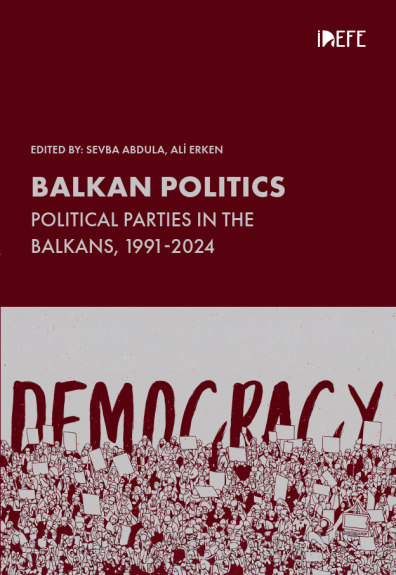Balkan Politics
Introduction
Authors
-
Ali ErkenProf.Dr., Marmara Universityhttps://orcid.org/0000-0001-8292-2022Author Biography
Ali Erken received his PhD in History (Oxford University, 2013). He has been teaching at Marmara University, Institute of Middle East, and taught part-time at various universities and institutions. His research interests include contemporary Turkish history, recent Balkan history, identity politics, international foundations and companies, and the history of science and technology. He has published a book and numerous research articles.
Undoubtedly, the Balkans have historically been one of the main and pivotal re-gions for empires, states, and modern nation-states. The 19th century, marked by national identity constructions and independence movements, alongside the ideological polarization and world wars of the 20th century, has been one of the main arteries of global politics. The post-Cold War era necessitated the rapid transfer and assimilation of perspectives regarding state, society, economy, and the individual from the free world to all parts of the globe. In this context, de-mocratization has become the fundamental pillar for the Balkan nation-states. Although the region entered the 2000s amidst wars, it endeavored to construct democratic politics and culture by aligning its institutional structure and culture with the West. The processes of the European Union and NATO served as the largest umbrellas for this positive atmosphere.

This work is licensed under a Creative Commons Attribution-NonCommercial 4.0 International License.
Downloads
Publication Information
-
Publication TypeChapter
-
Volume
-
Pages1-4
-
PublishedJune 5, 2025
-
Series
-
Series PositionResearch 11
